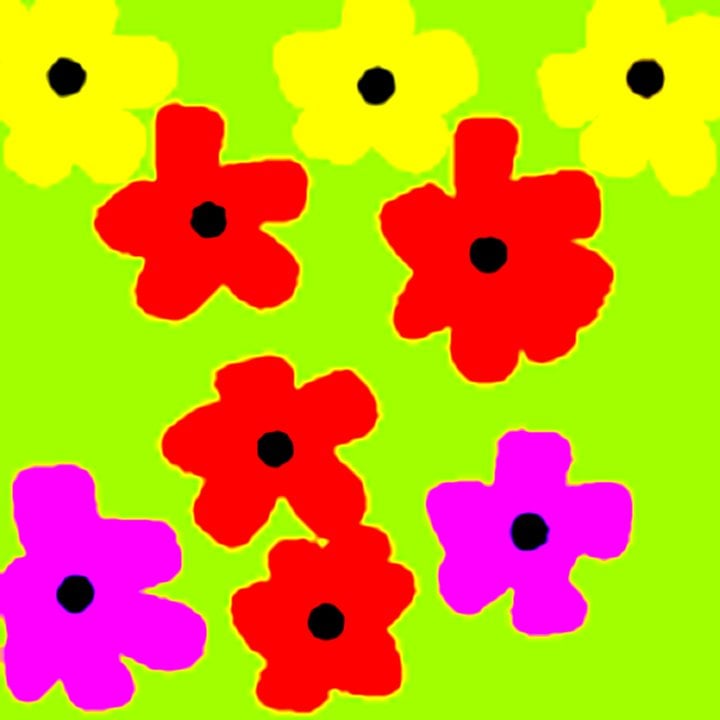Revolution Starts With Imagination, Part 2
A couple of months ago, I made a post titled Revolution Starts With Imagination. In it, I talked about something we tend to forget as we age: the power of thinking like children. Not to be juvenile in the petty sense—though, honestly, a little juvenile irreverence can be useful—but to be imaginative again. To be colorful again. To love again.
Children don’t hate unless they’re taught to. Their natural instinct isn’t division, suspicion, or bitterness. It’s curiosity. It’s openness. It’s the ability to see the world as a place still full of possibility rather than a locked-in system we must submit to.
So let me ask you something: What’s the spirit tree, children?
If you’re a person of color and tired of racism, think like children. What would children do? They wouldn’t segregate. They wouldn’t judge someone based on skin tone. They’d play, they’d imagine, they’d create worlds together without worrying about the rules that adults impose.
If you’re a feminist and tired of sexism, think like children. What would children do? They wouldn’t divide roles by gender. They wouldn’t assume limitations. They wouldn’t sneer at equality. They’d simply live, side-by-side, without hierarchy or hostility.
Children, in many cases, are spiritual beings in ways adults forget how to be. They don’t have to meditate for hours to rediscover compassion. They don’t have to deconstruct old trauma to express kindness. They don’t have to study philosophy to understand fairness. They simply live it.
There is wisdom in that simplicity.
The revolution doesn’t always start with anger. Sometimes it starts with imagination—pure, unfiltered, childlike creativity that cuts through all the hardened ideologies adults cling to.
If we want a different world, maybe we need to start by remembering the imagination we abandoned. Maybe we need to look at ourselves the way children look at each other: as beings to share wonder with, not enemies to categorize.
Revolution starts with imagination. And imagination begins in childhood.
So ask yourself: What would the children do? And why aren’t we doing it?
Children don’t hate unless they’re taught to. Their natural instinct isn’t division, suspicion, or bitterness. It’s curiosity. It’s openness. It’s the ability to see the world as a place still full of possibility rather than a locked-in system we must submit to.
So let me ask you something: What’s the spirit tree, children?
If you’re a person of color and tired of racism, think like children. What would children do? They wouldn’t segregate. They wouldn’t judge someone based on skin tone. They’d play, they’d imagine, they’d create worlds together without worrying about the rules that adults impose.
If you’re a feminist and tired of sexism, think like children. What would children do? They wouldn’t divide roles by gender. They wouldn’t assume limitations. They wouldn’t sneer at equality. They’d simply live, side-by-side, without hierarchy or hostility.
Children, in many cases, are spiritual beings in ways adults forget how to be. They don’t have to meditate for hours to rediscover compassion. They don’t have to deconstruct old trauma to express kindness. They don’t have to study philosophy to understand fairness. They simply live it.
There is wisdom in that simplicity.
The revolution doesn’t always start with anger. Sometimes it starts with imagination—pure, unfiltered, childlike creativity that cuts through all the hardened ideologies adults cling to.
If we want a different world, maybe we need to start by remembering the imagination we abandoned. Maybe we need to look at ourselves the way children look at each other: as beings to share wonder with, not enemies to categorize.
Revolution starts with imagination. And imagination begins in childhood.
So ask yourself: What would the children do? And why aren’t we doing it?


